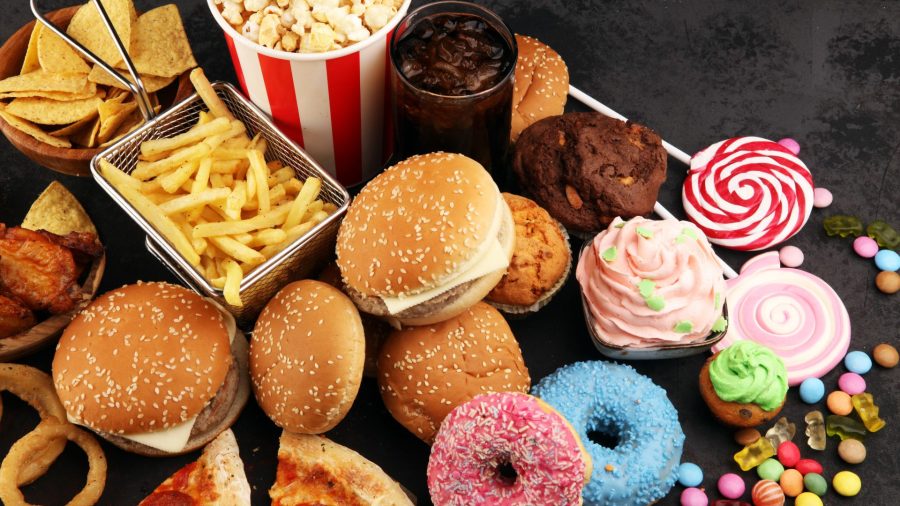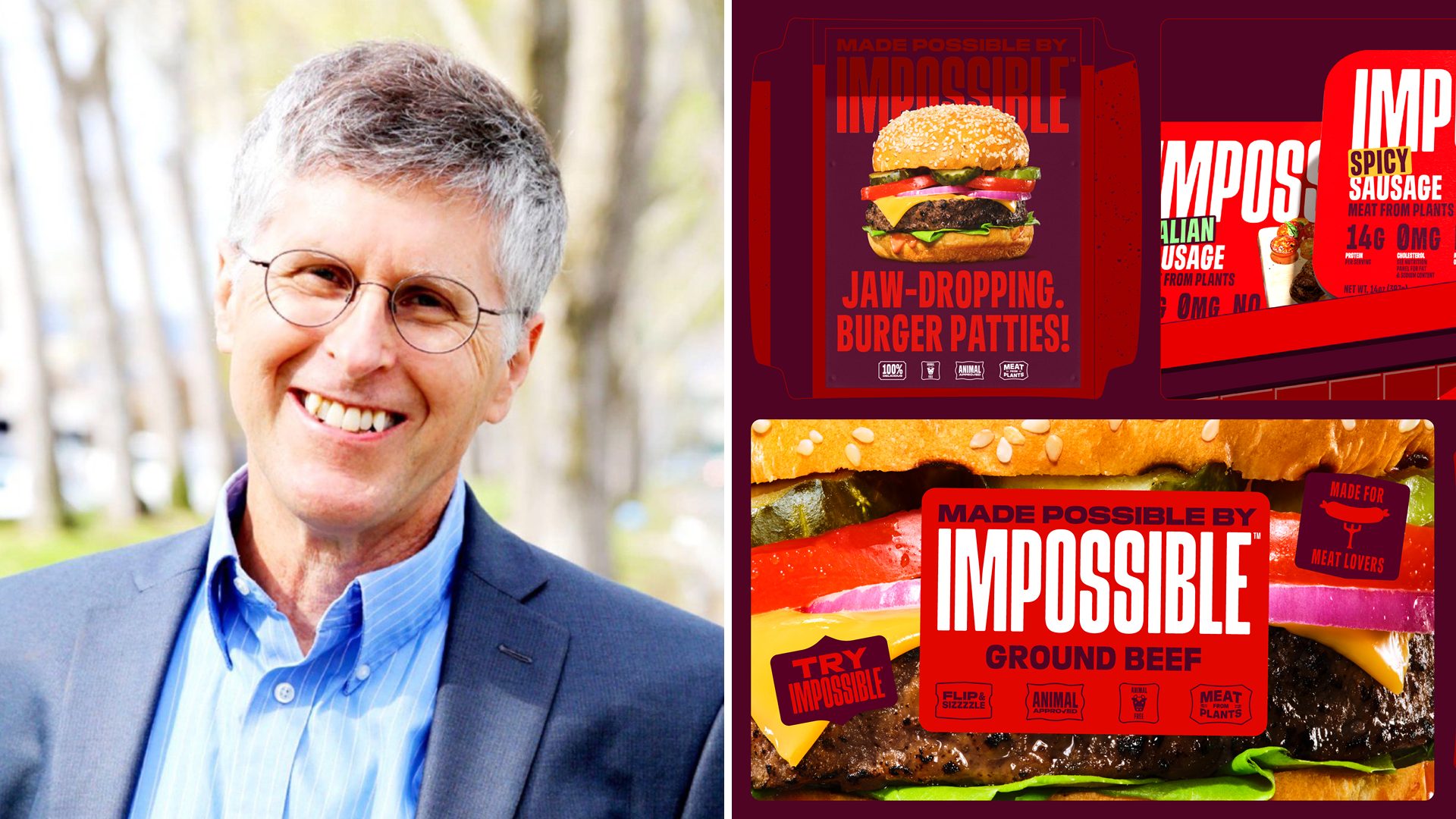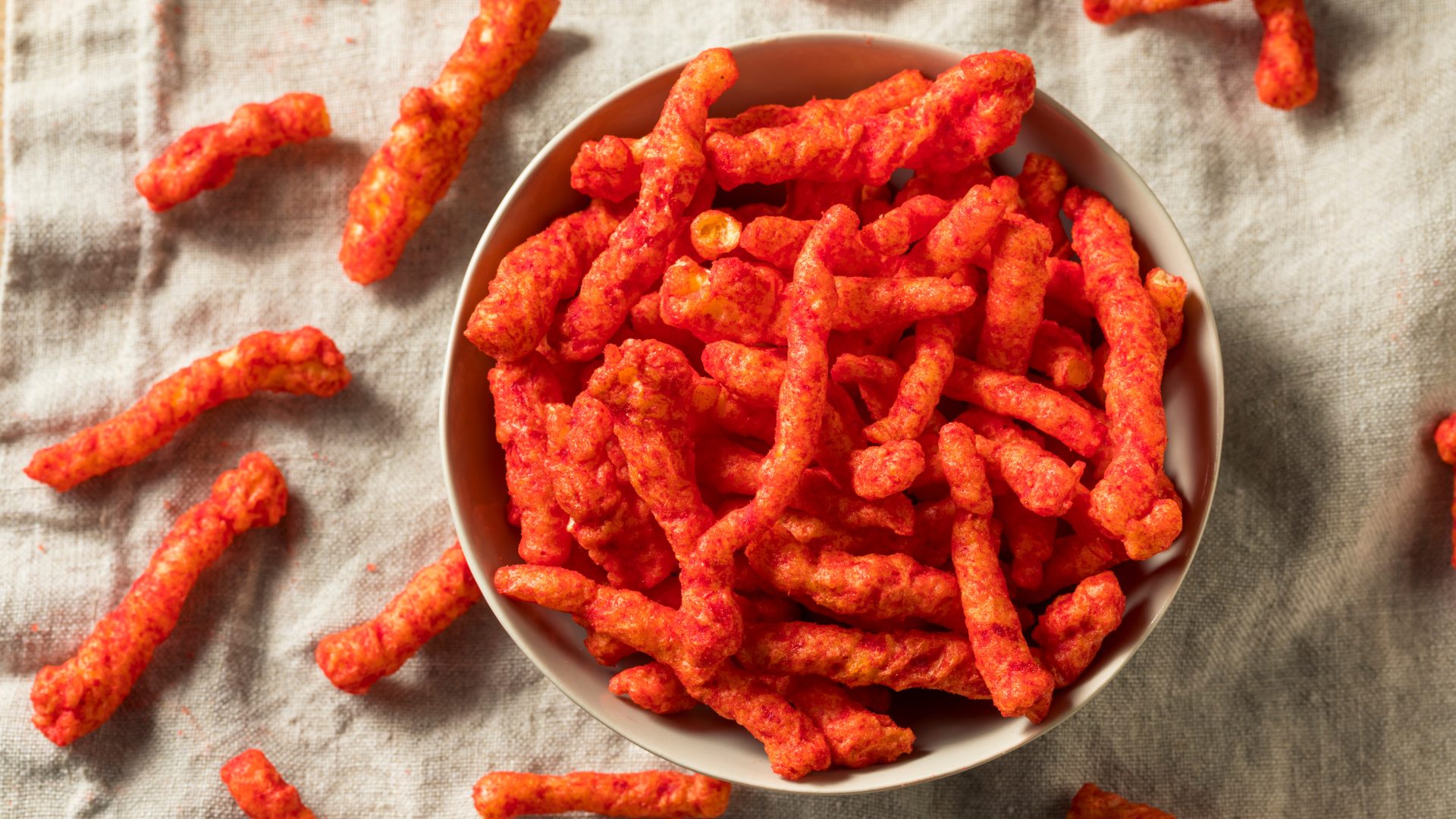In line with pandemic-inspired gains in snacking, Americans are eating more ultra-processed foods. Yet, the rise in consumption has been trending higher for years.
Researchers at the NYU School of Global Public Health analyzed dietary data from more than 40,000 adults from 2001-18 and found that ultra-processed food consumption grew from 53% of total calories at the beginning of the study to 57% at the end.
At the same time, the consumption of whole foods dropped from 32.7% to 27.4% of calories consumed. Ultra-processed foods as defined in the study include frozen pizza, soda, fast food, sweets, salty snacks, canned soup, and most breakfast cereals.
The study also noted that data was collected during pre-pandemic times, and that the pandemic has likely led to an increase in eating less nutritious, shelf-stable foods. (Healthline, Oct. 14)
Socioeconomic Factors
“Eating too much ultra-processed food can be unhealthy, particularly those products high in sugar or salt,” said Robert Shewfelt, professor emeritus of food science and technology at the University of Georgia, in an e-mailed statement to The Food Institute. “Many other ultra-processed foods provide a convenient, inexpensive way for Americans to feed their families meals that are both healthy and nutritious.”
Further, while the health implications of consuming too much ultra-processed foods have been widely covered by the global media, the socioeconomic factors behind purchasing them have not.
In Canada, for example, nearly 70 percent of households are dual-income, leaving much less time for families to focus on home cooking. At the same time, wages have stagnated, failing to keep pace with cost-of-living increases, squeezing families financially. Processed foods allow consumers to save both time and money. Acquiring these products means less time in the kitchen. Families with fewer means often have less spare time since they work longer hours for less pay or hold multiple jobs to make ends meet.
Also, ultra-processed foods may play a part in an unhealthy lifestyle but cannot be considered the main contributor. In fact, there is a stronger association in the U.S. between obesity rates and income inequality than there is between obesity rates and ultra-processed foods. (The Conversation, 2019)
With that in mind, nutritionist Elliot Reimers says it’s possible to be healthy while still enjoying highly processed foods in moderation.
“Just because you eat processed foods, doesn’t mean you are an unhealthy individual,” he told The Food Institute. “Someone on a whole food diet could still struggle with mental health, not exercise or drink enough water. The point is, a healthy lifestyle is much more than the foods you eat. It is about what you do in your day, how you manage your stress levels and how much time you dedicate to wellness in other ways.”












